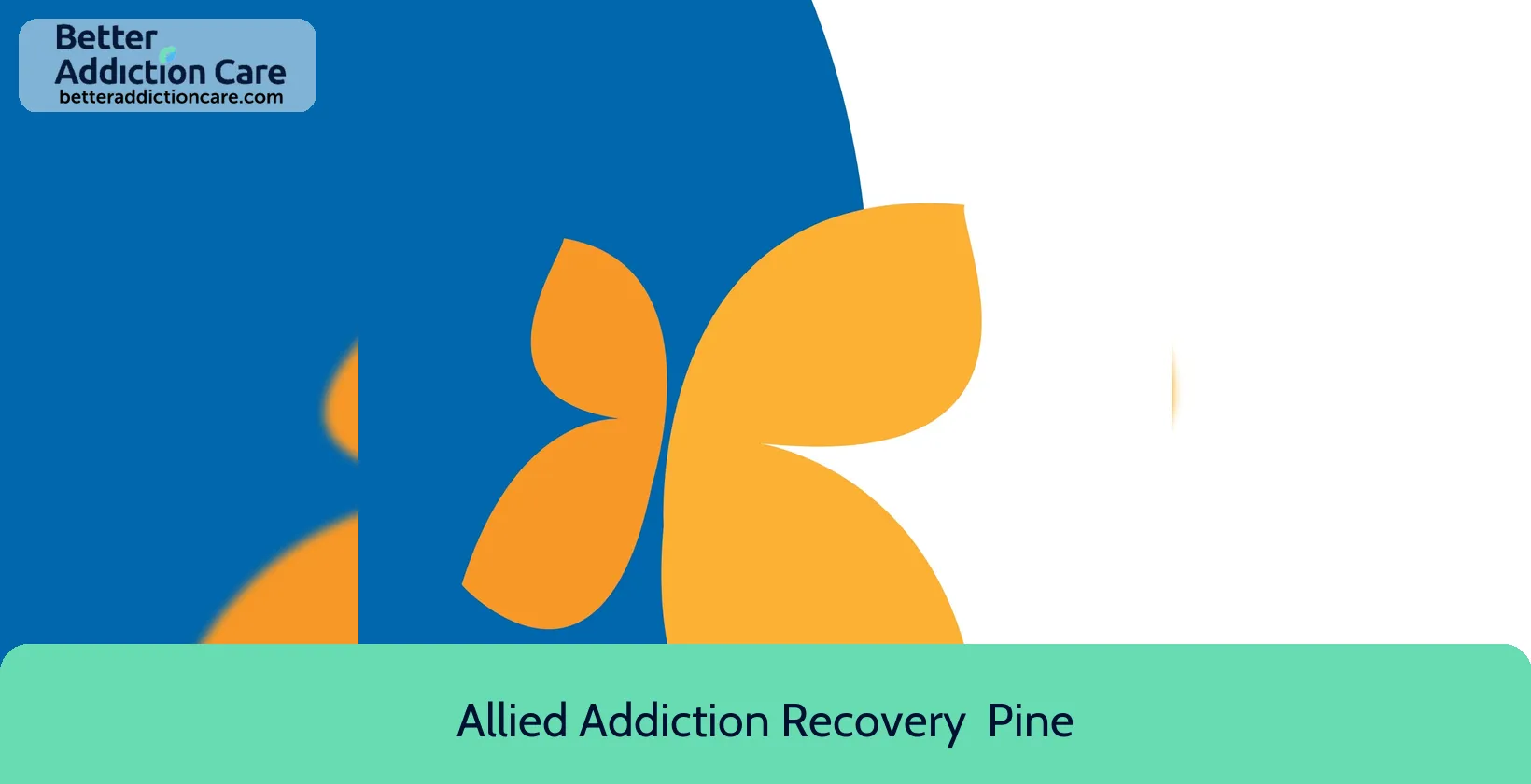Allied Addiction Recovery - Pine Valley Drive
Overview
Allied Addiction Recovery - Pine Valley Drive is a mental health treatment center for people seeking treatment near Allegheny County. As part of their treatment modalities for recovery, Allied Addiction Recovery - Pine Valley Drive provides couples/family therapy, group counseling, and cognitive behavioral therapy during treatment. Allied Addiction Recovery - Pine Valley Drive is located in Pittsburgh, Pennsylvania, accepting cash or self-payment for treatment.
Allied Addiction Recovery - Pine Valley Drive at a Glance
Payment Options
- Cash or self-payment
- Medicaid
- State-financed health insurance plan other than Medicaid
- Private health insurance
- Medical Mutual of Ohio
Assessments
- Comprehensive mental health assessment
- Comprehensive substance use assessment
Age Groups
- Young adults
- Adults
- Seniors
Ancillary Services
- Court-ordered outpatient treatment
- Family psychoeducation
- Suicide prevention services
Highlights About Allied Addiction Recovery - Pine Valley Drive
6.82/10
With an overall rating of 6.82/10, this facility has following balanced range of services. Alcohol Rehabilitation: 8.00/10, Drug Rehab and Detox: 6.00/10, Insurance and Payments: 6.53/10, Treatment Options: 6.73/10.-
Alcohol Rehabilitation 8.00
-
Treatment Options 6.73
-
Insurance and Payments 6.53
-
Drug Rehab and Detox 6.00
Treatment At Allied Addiction Recovery - Pine Valley Drive
Treatment Conditions
- Mental health treatment
- Alcoholism
- Substance use treatment
Care Levels
- Outpatient
Treatment Modalities
- Couples/family therapy
- Group counseling
- Cognitive behavioral therapy
- Dialectical behavior therapy
- Integrated Mental and Substance Use Disorder treatment
Ancillary Services
Additional Services
- Pharmacotherapies administered during treatment
- Laboratory testing
Special Programs
- Criminal justice (other than DUI/DWI)/Forensic clients
Common Questions About Allied Addiction Recovery - Pine Valley Drive
Contact Information
Read our Most Recent Article About Drug Addiction
DISCLAIMER: The facility name, logo and brand are the property and registered trademarks of Allied Addiction Recovery - Pine Valley Drive, and are being used for identification and informational purposes only. Use of these names, logos and brands shall not imply endorsement. BetterAddictionCare.com is not affiliated with or sponsored by Allied Addiction Recovery - Pine Valley Drive.










